
Diane Kaufman, MD; photo by Scott Friedman
This guest post is by Dr. Diane Kaufman, a child psychiatrist, poet, and passionate advocate for arts in healing. Her poem “In Memory of the Future,” in honor of the Newtown, Connecticut, shooting victims, is powerfully performed by Newark Arts High School students. Click here to watch the video of their performance.
The practice of medicine revolves around people. A person in need is at the center of the health-caring circle, and all around are other people who are trying to be of help. Blood tests, respiratory devices, infusions, MRIs, and other forms of advanced technology at their very best diagnose and treat, and that is so very important and essential, but they alone can not care. They are not alive, and they know nothing about love, joy, kindness, sorrow, loss, dying, death, and the cry of a newborn child. Only human beings can care—that is, if they choose to do so. If they are encouraged to do so. If they have experienced other human beings caring for them and about them.
And it all starts with each of us. Do we have the courage to express the humanity of our own beating and sometimes breaking heart? Do we have the passion and determination to change a culture of business as usual? To acknowledge that the “hidden curriculum,” can become more powerful than all the humane lessons we are taught in lecture halls? That hidden curriculum, the one not spoken of aloud but acted upon, is rather the anti-practice of medicine, the health-uncaring institution.
The cure, I believe, is not “humanism in medicine.” Because to me, the phrasing and the timing are all wrong. Let us pause, take a deep breath, remember deeply, and bring to mind what we seem to have forgotten. Medicine IS humanism. As Hippocrates said, “Wherever the art of medicine is loved, there also is a love of humanity.” And from that foundation, life-affirming questions can be asked:Who are these unique people who have come to me for help?
- What is their story?
- How can I respond to their needs?
- What kind of doctor am I?
- What are the qualities of my medical practicing?
- What does my health care institution reveal about how it cares for human beings who are sick?
- How does this institution care for those who are trying to be of help?
- And what intentional actions can I bring to my encounters with these center-of-the-circle people that show I care and that because I care, I am a more competent, effective, and professional physician?
This is not a quiz, but it is a test of how we will respond each day to the call of being a physician. One day we will all be at the center of that circle. When “connectivity units” are equal to “productivity units,” or better yet, when it is comprehended that there is no lasting productivity without caring and connection, the art of medicine will be practiced.



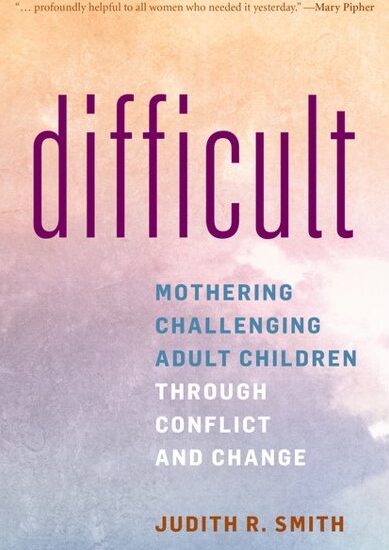
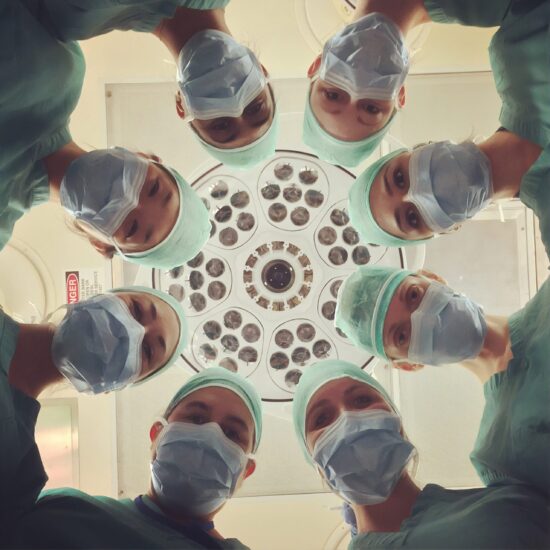
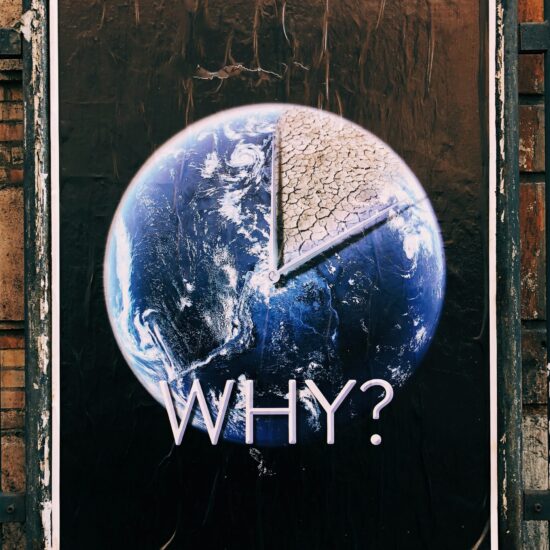

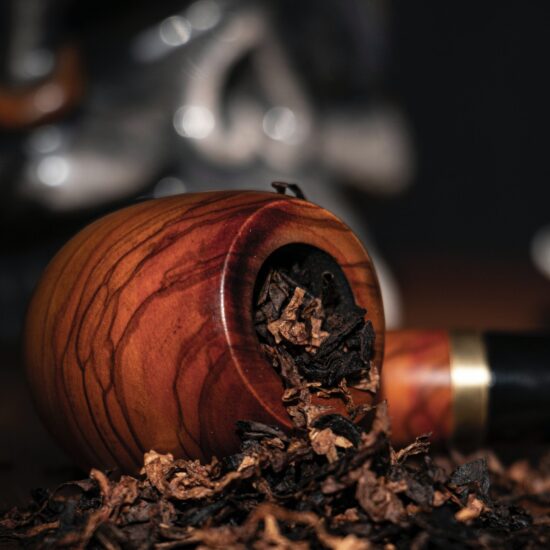
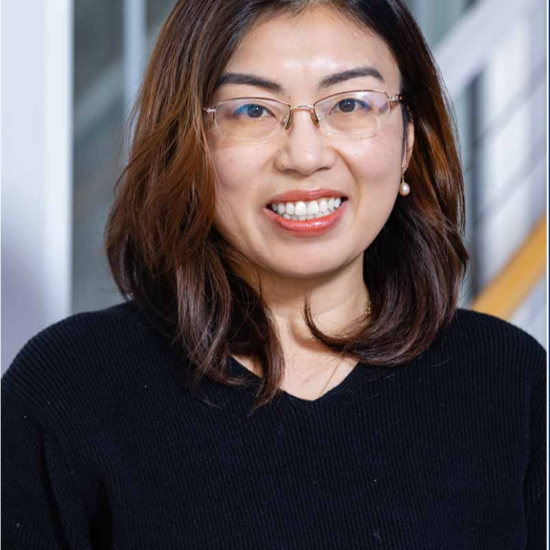
phillipmitchellnm / June 10, 2014
Medicine is humanism
/
phillip mitchell / June 10, 2014
Dr. Kaufman, I appreciate the distinction you make regarding humanism and medicine. I have posted your blog to a LinkedIn group I manage, The Narrative Medicine Network, as I think there are several members that will find your piece of great interest. Please consider this an invitation to join us.
Cheers,
Phillip Mitchell
/
artsmedicine / June 10, 2014
Thank you for the invitation, Phillip. I am interested in joining The Narrative Medicine Network. I was propelled to write this essay as a means to get my angst out on paper. The idea of having “Connectivity Units” as a means to assess clinical impact and meaning of work hours spent popped into my head one day. “Productivity Units” is the catch phrase now. As a poet, words are important to me. So what are we producing? And are we doing it alone? I think not. We are creating something. Creating it together as one integrated unity: health, healing, and caring.
/
saratbaker / June 14, 2014
Reblogged this on Word Medicine and commented:
Phillip Mitchell of Narrative Care brought this lovely blog post by Joy Jacobson to my attention.
/